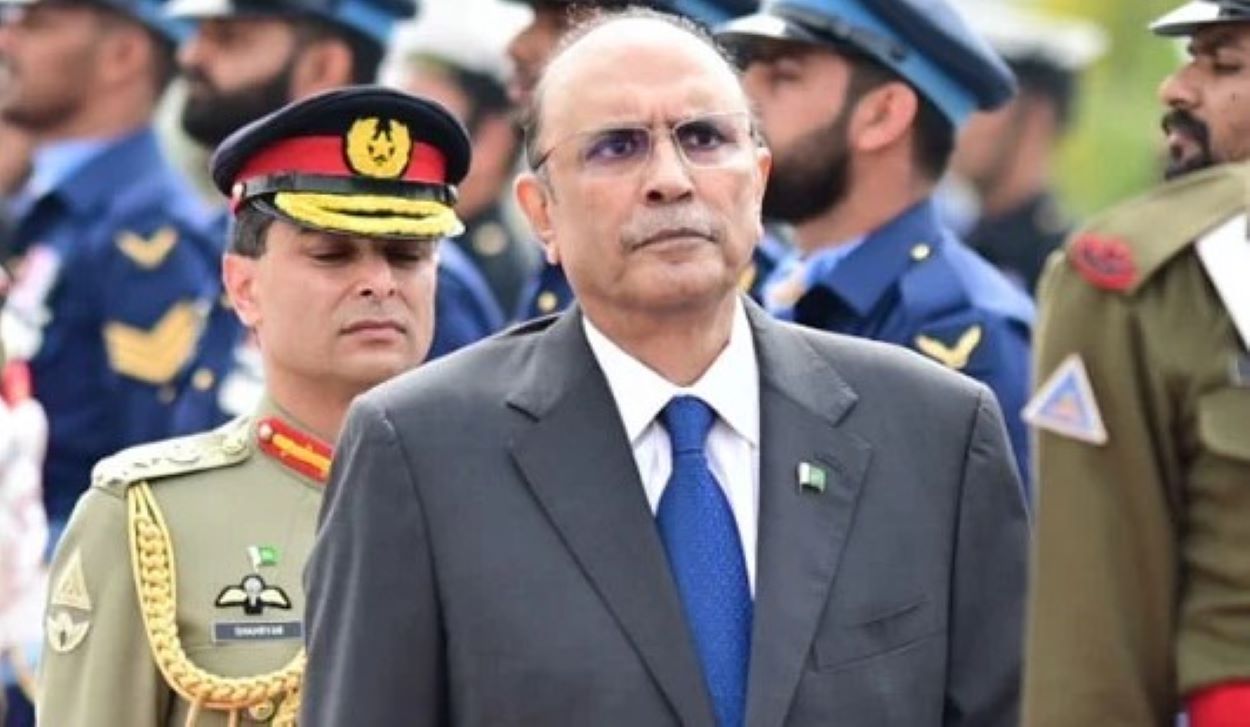Pakistan’s FY25 budget becomes effective July 1 after President Asif Ali Zardari’s ratification. Policymakers have set a challenging tax revenue target of Rs13 trillion to secure an IMF deal.
President Zardari approved the tax-heavy Finance Bill 2024, effective July 1, based on Prime Minister Shehbaz Sharif’s advice. The Rs18.877 trillion fiscal year 2024-25 budget faced severe criticism from opposition parties, who termed it “economic terrorism.”
The National Assembly, dominated by the ruling alliance, passed Pakistan’s FY25 budget after a detailed clause-by-clause review. They voted on amendments, all proposed by opposition members, and rejected each one.
The budget reduced advance tax on property transactions for groups like government and armed forces personnel under Section 236C. It also cut the income tax rate for Associations of Persons (AoPs) from 45% to 40% on incomes over Rs5.6 million while imposing a 10% surcharge on incomes over Rs10 million.
Pakistan’s FY25 budget also increased the federal excise duty rate on cement to Rs4 per kg, expecting to generate an additional Rs80 billion. This will raise the price per cement bag by at least Rs100.
Authorities have introduced a 5% Federal Excise Duty on lubricant oil, which they expect to generate an additional Rs15 billion. They have also raised the FED on international travel tickets, setting new rates for various classes and destinations.
Read: Pakistan Implements New Federal Excise Duty on Property Sales
A 3% FED now applies to property allotments or transfers by filers, and a 5% rate affects non-filers. Officials have also set an 18% sales tax on various imported items, including vegetables, fruits, and other goods.
The government has introduced new capital value taxes on farmhouses and residential houses in Islamabad. Farmhouses from 2,000 to 4,000 square yards will be taxed Rs500,000; those over 4,000 square yards, Rs1 million. Residential properties from 1,000 to 2,000 square yards will incur a Rs1 million tax; those above 2,000 square yards, Rs1.5 million.
Policymakers have set a tax revenue target of Rs13 trillion starting July 1, marking a 40% increase to support negotiations with the IMF for a $6 to $8 billion loan.
The updated tax structure reflects a 48% increase in direct taxes and a 35% rise in indirect taxes from last year’s estimates. They also expect non-tax revenue, including petroleum levies, to rise by 64%.






